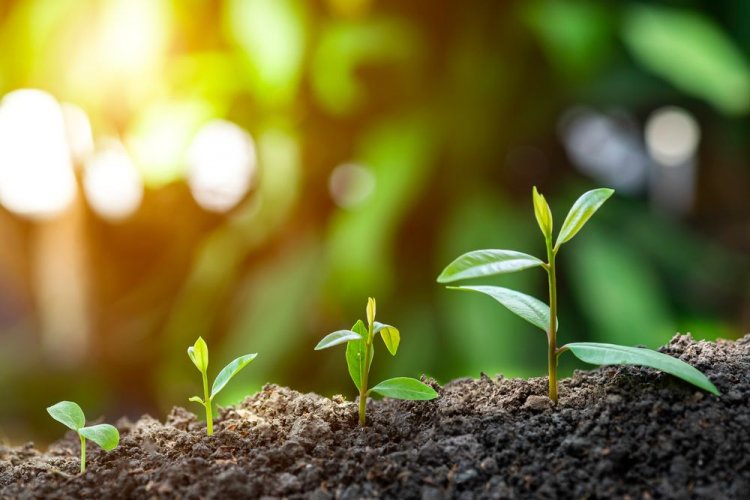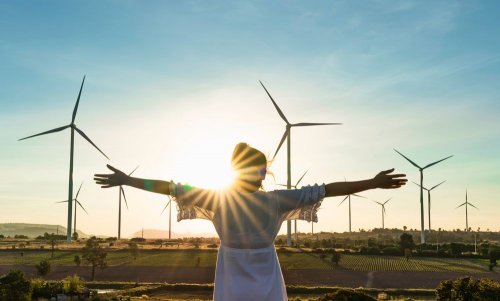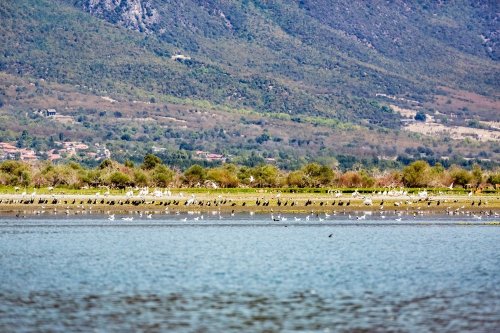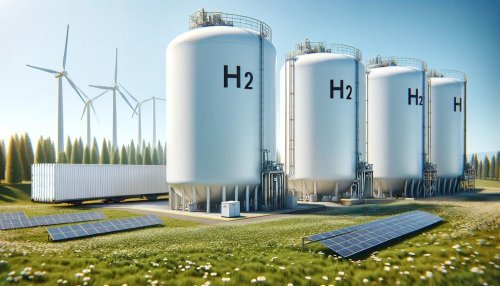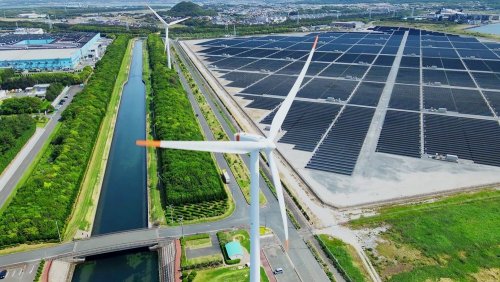The green agreement, which contains landmark strategies "From farm to fork" and "Biodiversity", will remain a key priority for Europe, despite the war in Ukraine.
This was stated by EU Commissioner for Agriculture Janusz Wojciechowski, reports Food Navigator.
Wojciechowski called the war in Ukraine a "seismic event" from which shocks will be felt for many years.
The material noted that the war provoked the third global food crisis in the last 15 years, particularly affecting the supply of wheat, cereals and edible oils. Thus, about 20 million tons of wheat were blocked in Ukraine, and grain exports decreased significantly.
European Commission President Ursula von der Leyen has accused Russia of deliberately hoarding and blocking food supplies in order to raise prices and "blackmail" countries to lift sanctions.
The likely change in the Commission's sustainability strategy under the influence of certain lobby groups to increase productivity in the short term is a matter of concern to some experts. For example, the implementation of Germany's proposals to postpone new EU crop rotation rules to increase wheat production.
“A variety of crop rotations can help strengthen the resilience of agricultural soil. But postponing the rules would be a pragmatic solution that would allow farmers to strengthen global supply without exacerbating other crises, such as climate catastrophe and biodiversity loss, "said German Agriculture Minister Jem Ozdemir.
Wojciechowski noted that efforts to fill gaps in global supply chains could go hand in hand with the Commission's green goals of implementing new legislation on the circular economy, building renovation, biodiversity, agriculture and innovation.
"The war in Ukraine cannot be an excuse to delay the Green Agreement. We are now focused on alleviating the suffering," he said. be very clear: none of them are incompatible with ambitious actions towards our environment ”.
According to him, the food security challenge created by the war is there global , rather than local, and Europe is not facing food shortages. It is logistics, not production, that will help solve this problem. The EU is building "solidarity strips" to facilitate food exports from Ukraine.
"Increasing EU production would not be a great solution to help our international partners. We need to show solidarity with the most vulnerable countries and increase local sustainable food production to reduce structural dependence." - said Wojciechowski.
He also added that the EU should help Ukraine's economy to prosper, not create obstacles and new competition.
"The terrible war in Ukraine is not a reason to postpone the Green Agreement, but to intensify our work on its implementation," he said.
Wojciechowski plans to adopt a proposal for the sustainable use of pesticides by the summer and present new initiatives on seed, food labeling, animal welfare and antimicrobial resistance. After all, as the European Commission has previously noted, food security can only be achieved through sustainability.
"We can't focus all the time on increasing production. In fact, we can't abandon the Green Pact. The Green Pact is not dead. If we want to eat healthy food, if we want to drink clean water, we have to change our approach and how we perceive our nature, our landscape, "said Czech Agriculture Minister Zdenek Nekula, who will head the Agriculture and Fisheries Council from July.
However, the issue of mitigating the Commission's environmental commitments due to the effects of the war in Ukraine is likely to remain in the near future.
We will remind, agrarians criticized organic farming against the background of food shortages.
As EcoPolitics reported earlier, at Green Week 2022 they told how the destruction of nature in Ukraine will affect the whole world.

